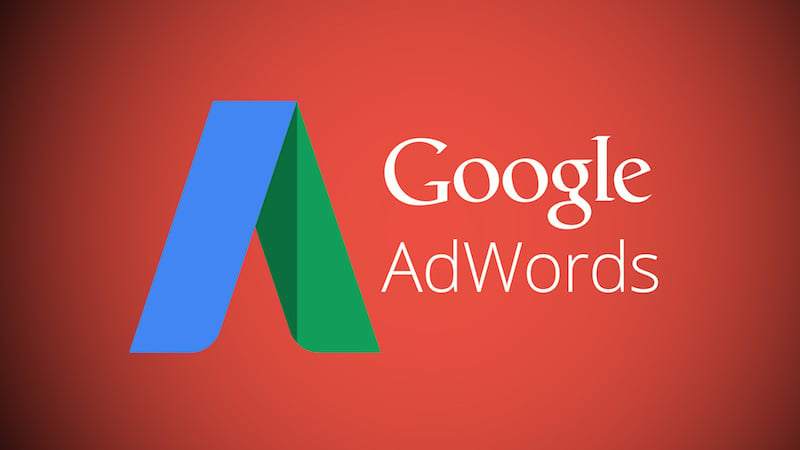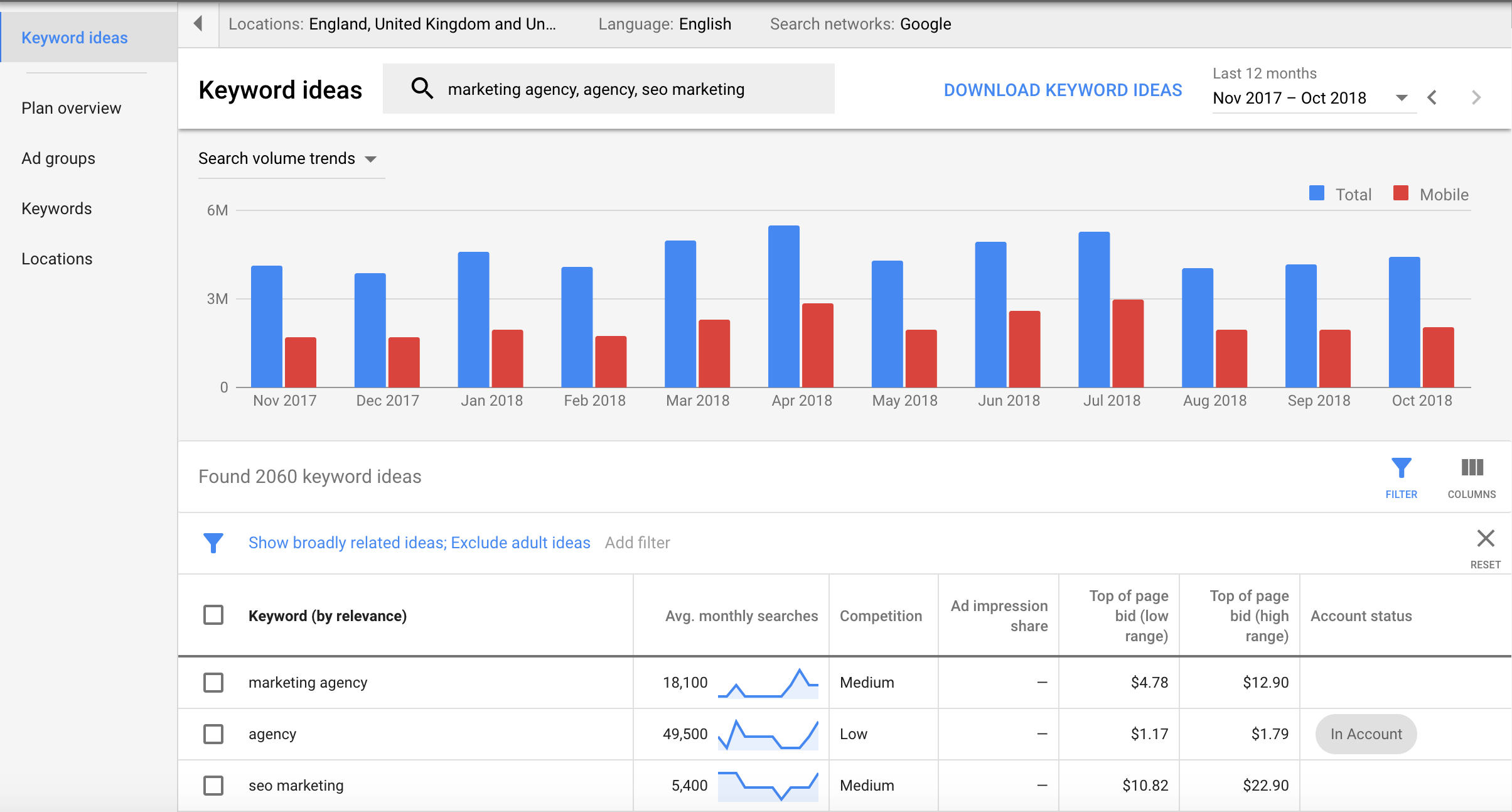What are the uses of AdWords tools?
If you search on google the same question then It’ll show you the answer as same as in the 2nd para.
“Google Ads, AKA Google AdWords, is
Google's advertising system in which “advertisers bid on certain keywords in
order for their clickable ads to appear in Google's search results. Since
advertisers have to pay for these clicks, this is how Google makes money from
search”
Google Ads (formerly Google AdWords) is an online advertising platform developed by Google, where advertisers bid to display brief advertisements, service offerings, product listings, or videos to web users. It can place ads both in the results of search engines like Google Search (the Google Search Network) and on non-search websites, mobile apps, and videos (the Google Display Network). Services are offered under a pay-per-click (PPC) pricing model.
Google
Ads' system is based partly on cookies and partly on keywords determined by
advertisers. Google uses these characteristics to place advertising copy on
pages where they think it might be relevant. Advertisers pay when users divert
their browsing to click on the advertising copy. Adverts can be implemented
locally, nationally, or internationally.
Google's
text advertisements mimic what the average search result looks like on Google.
Image ads can be one of the several different standardized sizes as designated
by the Interactive Advertising Bureau (IAB). In May 2016, Google announced
Expanded Text Ads, allowing 23% more text.
Besides
the Google search engine, advertisers also have the option of enabling their
ads to show on Google's partner networks, including AOL search, Ask.com, and
Netscape, who receive portion of generated income.
In addition to external search engine marketing agencies and consultants, Google has its own in-house team of account managers.
The Keyword Planner provides data on Google searches and other resources to help plan advertising campaigns.
AdWords Express (previously "Google Boost") is a feature aimed at small businesses that attempts to reduce the difficulty of managing ad campaigns by automatically managing keywords and ad placement.
Google Ads Editor is a downloadable program that allows users to make bulk changes to ads and edit ads offline. It also allows users to see ad performance, like the dashboard.
Google Ads Manager Accounts (previously "My Client Centre (MCC)") allows users to manage multiple accounts from one login and dashboard.
This
is most commonly used by Marketing and Advertising agencies who manage a large
portfolio of client accounts.
The Reach Planner allows users to forecast the reach and extent of their video ads across YouTube and Google video partners. The tool allows users to choose their audience, then recommends a combination of video ads that help reach the user's objectives, and see the reach of their ads.
In addition to location and language targeting, advertisers can specify Internet Protocol (IP) addresses to be excluded. Advertisers can exclude up to 500 IP address ranges per campaign.
Google Academy for Ads (previously "Google Partners", "Google AdWords Certification Program" and "Google AdWords Certification") provides a qualification to clients who pass a Google Ads Fundamentals exam and one Advanced AdWords exams on search, display, video, shopping, or mobile advertising, or Google Analytics. Google Partners must maintain a minimum spend threshold of US$10,000 over 90 days, with a higher spend threshold for Google Premier Partners.
Placement-targeted advertisements (formerly Site-Targeted Advertisements) places adverts based on keywords, domain names, topics, and demographic targeting preferences entered by the advertiser. If domain names are targeted, Google also provides a list of related sites for placement. Advertisers bid on a cost-per-impression (CPI/CPM) or cost-per-click (CPC) basis for site targeting. The minimum cost-per-thousand impressions bid for placement-targeted campaigns is 25 cents. There is no minimum CPC bid.
Remarketing allows marketers to show advertisements to users that have previously visited their website, and allows marketers to create different audience lists based on the behavior of website visitors. Remarketing Lists for Search (RLSA) via Google Analytics became available in Google Ads in early June 2015, allowing for the use of standard GA remarketing lists to plan traditional text search ads.
Dynamic remarketing can show past visitors the specific products or services they viewed. While common, some users may find overly overt use intrusive.
Ad extensions allow advertisers to show extra information with their ads, such as a business address, phone number, links to a web page or app, prices, or sales and promotions. Google Ads may also display automated extensions such as consumer ratings when the system predicts they will improve performance.
The Google Ad Grants program gives eligible nonprofits US$10,000 per month in Google Ads credits, and has served over 100,000 nonprofits and charities worldwide since its launch in 2003.












0 comments:
Post a Comment